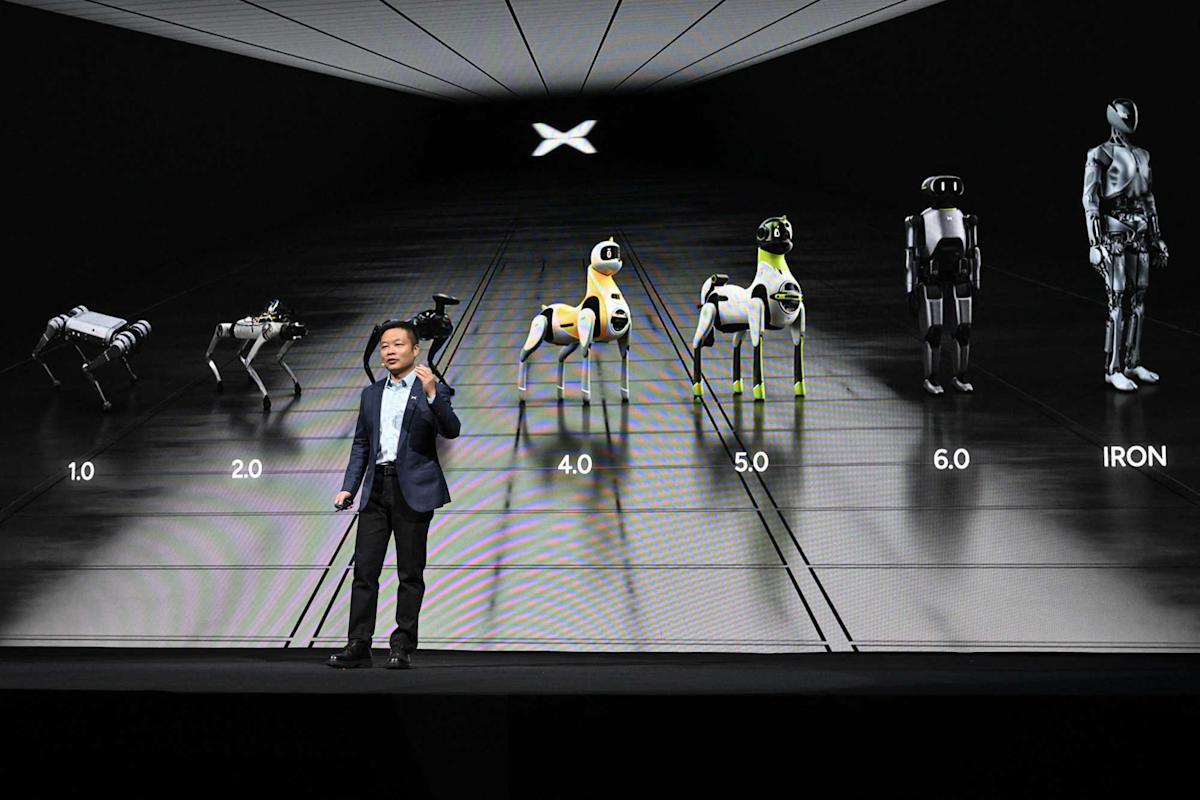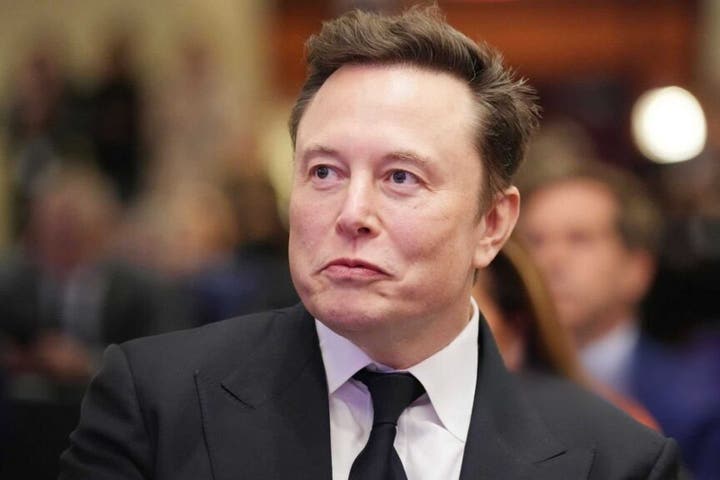
Chinese Electric Vehicle Manufacturers Compete in the Field of Robotics


Chinese electric vehicle (EV) manufacturers like Xpeng and Chery Automobile are increasing their efforts to develop humanoid robots by leveraging their technological and production capabilities. This initiative is seen as part of Beijing's goal to gain an edge in the high-tech sector against the U.S.
Guangzhou-based Xpeng aims to sell 1 million units of its next-generation humanoid robot Iron by 2030, following praise from Tesla CEO Elon Musk. Xpeng's co-founder and CEO He Xiaopeng stated that the production cost of humanoid robots will eventually decrease to the level of car manufacturing, paving the way for household usage.
He expressed hope that “Iron robots will become a new member in Xpeng’s stores, office parks, and factories by the end of next year.” He added, “I believe the market potential for robots is bigger than that of the car market.”
Xpeng’s Vision-Language-Action 2.0 artificial intelligence model allows the robot to interpret its environment based on visual data. This plays a crucial role in enhancing efficiency and reducing information loss. Xpeng announced it would start mass production of its humanoid robots by late 2026.
State-owned Chery, located in Anhui province in eastern China, is collaborating with artificial intelligence company Aimoga to develop a humanoid robot called Mornine that can understand human language, starting in early 2024. Nio, a company producing smart electric vehicles, is also exploring the robotics field and is planning to develop a robotic dog.
Other major automakers like China’s electric vehicle leader BYD, Gac Group, and Seres are also stepping into the robotics sector. They believe that AI technologies in this field will play a significant role in constructing autonomous vehicles.
Xpeng mentioned in 2021 that developing an AI-supported pony for children would help in creating a robotic ecosystem based on the company’s smart EV business. Baidu CEO Robin Li Yanhong stated in 2021 that the future of mobility would resemble robots more than the vehicles currently clogging the roads.
Currently, over 2 million autonomous robots are reported to be operating in factories across China. Glenn Heppell, COO of Accenture Asia-Pacific, stated, “This is not just automation; it is the physical manifestation of a smart economy."
JPMorgan predicts that Xpeng’s next growth phase from 2026 to 2027 will be driven by AI targets such as robot taxis, humanoid robots, and flying vehicles. The bank reported that Xpeng’s robot taxi service could generate growth worth between 5.7 to 18.9 billion USD by 2035, while the humanoid business could contribute 24 billion USD by 2027.
The humanoid robot sector draws attention as a field where China and the U.S. are trying to gain an advantage amid increasing trade tensions between the two largest economies in the world. Analysts note that China has an advantage in producing high-quality, cost-effective components.
Startups like Unitree Robotics and Deep Robotics, located in Zhejiang province in eastern China, are seen as leaders in the sector. These companies are part of an informal group called “Hangzhou's Six Little Dragons,” which includes AI developer DeepSeek, video game studio Game Science, brain-machine interface innovator BrainCo, and 3D interior design software developer Manycore.
.png)
Yakında Tüm Platformlarda
Sizlere kesintisiz haber ve analizi en hızlı şekilde ulaştırmak için. Yakında tüm platformlarda...





.png)